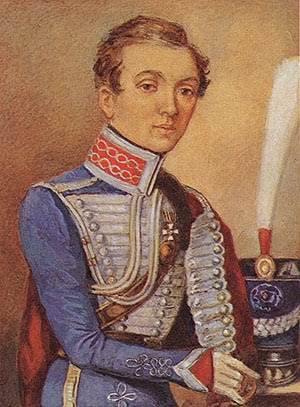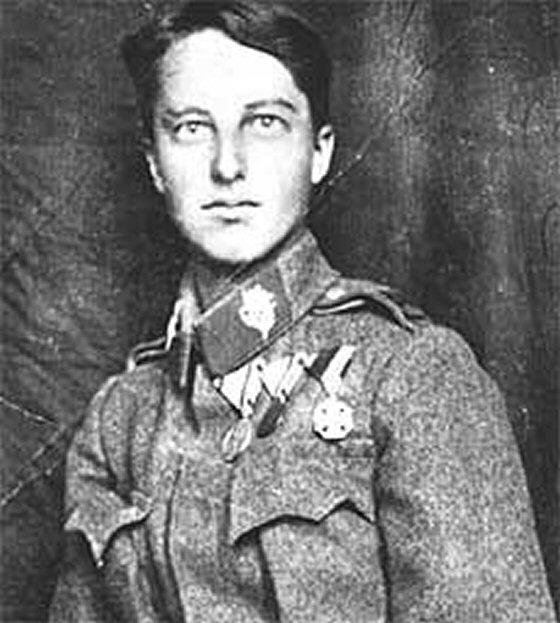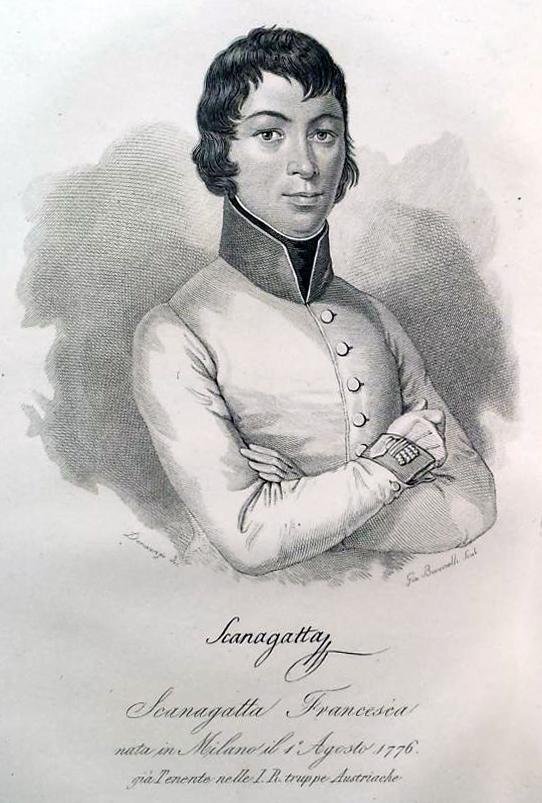Introvert Leader – A Frog Waiting To be Kissed?
Take a look at these images of soldiers from different times and places. Looking noble, brave and handsome. What do you think is in common between all of them?
They are all women.
They all had to disguise their true identity to be allowed, accepted and taken seriously when all they wanted to do was fight for their homeland. Why are we talking about soldiers, women and wars in the article about introverts? Bear with me.
First of all, let’s determine what exactly we mean when we say “introvert”.
There are plenty of definitions of introversion/extraversion nowadays, with various degrees of lengthiness and complexity. Still, my favorite one is based on the statement made by Carl Jung himself, the inventor of the two concepts. It’s short, clear and crisp:
“If your energy is drained in social situations and replenished in solitude, then you are an introvert. If it’s the other way around, then you are an extrovert.”
Secondly, a disclaimer.
Granted, it is not an ‘either or’ but rather a continuum, with two extremes on either end, and everything in between. Second, we don’t want to throw a Boo-hoo Pity Party for introverts. And last but not least, our goal is not to start finger pointing and demonizing extraverts. Nor do we want to box people into any blunt edge categories, Still, for the sake of clarity of our contemplation let’s stick to the idea of two opposites.
Sadly, many of the introvert leaders don’t even realize themselves being introverts. “Oh, I’m fine with presenting, public speaking, networking events, etc.”. But when offered to try on the energy-based definition they often go “Hm… I guess that explains why I am so exhausted each time I do any of it.” Yes, those glorious things have been acquired by those born-introverts during the course of their lives, and can now be turned on and off as needed. More precisely, it has been forced on those people by external circumstances of our corporate world.
So, what is it like to be an introverted leader in our contemporary corporate world?
Short answer – it does feel like being a woman soldier taking the guise of male. Just like the battlefield is constructed by males, for males, our corporate world is built by extraverts, for extraverts. Remember job ads for leadership positions of recent times? Many of them were looking for someone who is dynamic, outgoing, active, can hit the ground running etc. Frankly, in those cases my mind was drawing an image of some sort of insurance agent + cheerleader hybrid.
And those types were faring in their career much better than the majority of introverts, who were getting used to not being listened to, spoken over, rushed. Others are trying to bend you: “How can I make them speak up in meetings?” Overall, we can say introverts were underrepresented, undervalued, overlooked, with diminished opportunities to contribute and therefore to be credited with success, which then meant smaller and/or slower careers. Were they, or still are?
But the problem isn’t just the external consequences described above. I have interviewed dozens of introverted leaders all over Europe and North America. The similarities how all of them were describing their personal experience are striking:
I feel invisible.
I feel exhausted.
I feel as if I constantly have to act, like in theater.
And the most painful of all — I feel not being able to be myself.
That’s just very, very sad.
Is there anything that can be done?
Luckily, yes. And a lot can be done by introverts themselves, with help of certain resources. There is an easy part, a hard part and a very hard part:
The easy part – equipping introverts with some extraversion related skills and support that do come in handy in the outside world. Public speaking, presentation, storytelling, casual networking – all that can be delivered as training or workshops with rigorous exercise. Easy-peasy.
The hard part – helping introverts realize the FACT that their introversion is not a deficiency, it’s an asset. That would require willingness to reflect, to think, to take a perilous journey into depths of one’s own mind with its ingrained limiting beliefs and overlooked treasures – and who is better wired for that than introverts? Such a journey is usually done with the help of coaching.
The very hard part – helping the world to shift its view of introverts, too, changing the culture. A gigantic task. But we’ve got to start somewhere. Introverts themselves, empowered with the skills and the mindset described above would make excellent ambassadors of their own cause in organisations that are willing to listen. Just listen. Can we finally give them our ear?
Frogs come in all shapes and sizes, so do we humans. The more we learn to include multiple variations of ourselves into our shared world the less frog kissing we’ll have to do – those frogs are already princes. We just need to learn to see it.
Author
Nora Mickelsson
a hard-core introvert










